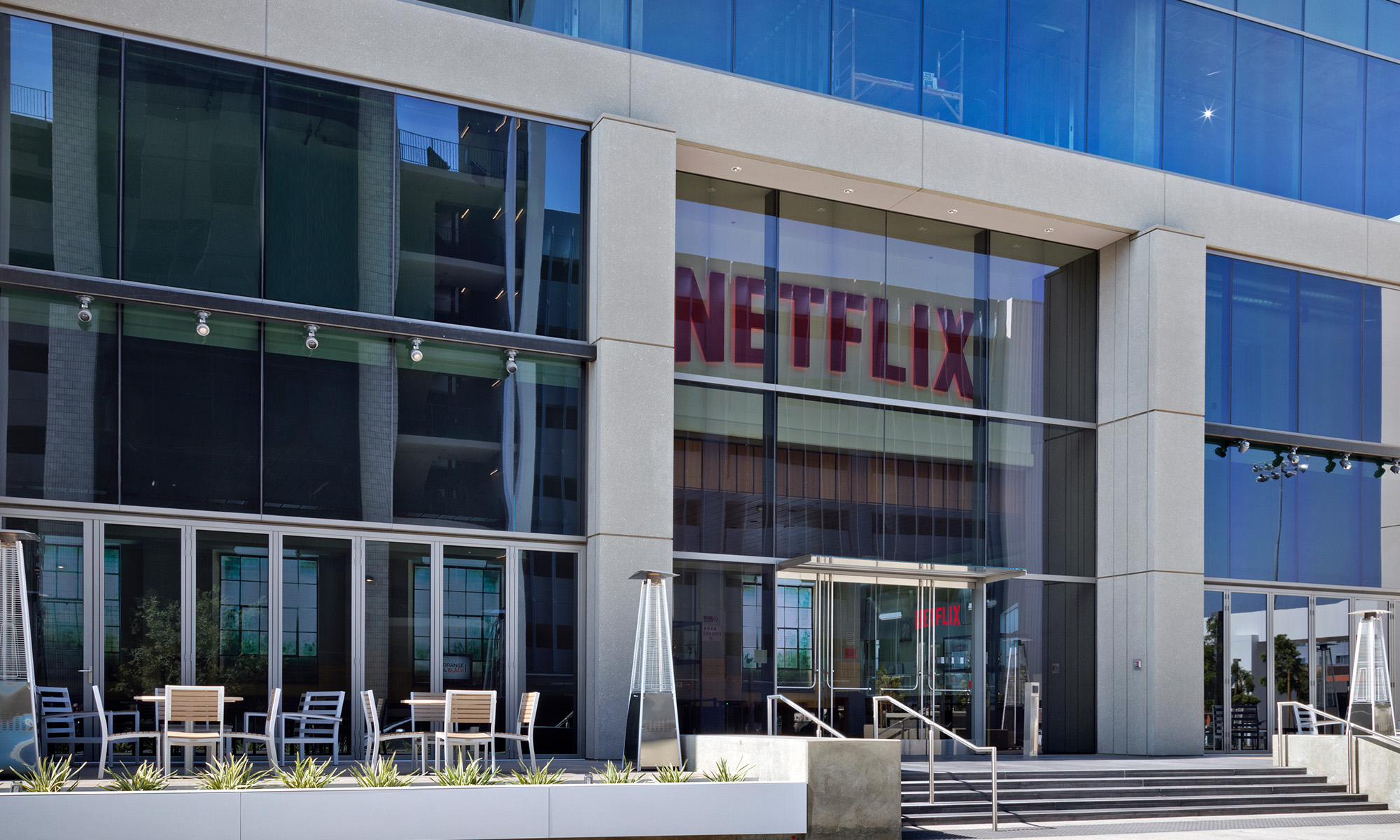
Image source: Netflix
Content for streaming video services like Netflix (NFLX 0.04%) is getting more and more expensive, as media companies like Time Warner (TWX +0.00%) look to fight back against the impact of subscription video on demand on live viewership. Media companies are asking for more money for less content, and Netflix has been happy to pay up so far.
This year, Netflix will spend $5 billion on content. Next year, that number will rise to $6 billion. Those numbers are more than double its closest rivals, Amazon (AMZN +0.49%) and Hulu.
But UBS analysts think the days where Netflix spends more and more to license content from other media companies are over. They expect all of that additional $1 billion next year to go toward producing original content for the streaming service. By 2019, they think more than half of its content budget will go toward originals.
Destroying HBO
Netflix Chief Content Officer Ted Sarandos once said, "The goal is to become HBO faster than HBO can become us."
HBO -- a Time Warner company -- launched its own stand-alone streaming service, HBO Now, last year. The service has since accumulated over 1 million subscribers. That's a far cry from Netflix's 83 million subscribers, but HBO also has millions of traditional TV subscribers around the world.
Although HBO doesn't report exact subscribers for its flagship network alone, combined HBO and Cinemax had 131 million total subscribers worldwide as of the end of last year. Estimates put HBO's total subscribers ahead of Netflix's still.
Nearly all of HBO's series are exclusive original productions. It only licenses a few film catalogs each year. As such, its content spending has been fairly limited. What's more, HBO's focus is mostly on developing award winning comedies, dramas, and documentaries, limiting its content spend even further. Last year, the company spent just over $2 billion on content for both HBO and Cinemax. Just $1 billion of that went toward original content and sports rights.
As mentioned, UBS expects Netflix to blow away that original content budget next year when it adds $1 billion on top of the $1 billion or so it's spending this year. If the goal is to become HBO, Netflix has already done it. Now, it's looking to become the HBO of every video entertainment category in the world (e.g. kids programming, French docuseries, Bollywood films).
Being everything to everyone
Netflix has a tough task in that its original business model looks to serve the tastes of everyone, and it's extended that to streaming video. Subscribers have the expectation that they can find something they'll like on Netflix no matter what, and Netflix expects to be able to serve that need.
HBO, by comparison, has traditionally only had to produce enough content to fill a primetime television lineup catered toward adults. The rest is filled in with licensed films. That's starting to change with its new over-the-top service, but it's why the company has been able to spend so much less than Netflix.
But HBO's content budget is split roughly in half -- $1 billion on licensed content, $1 billion on original productions. That's a goal Netflix can still aspire to, and it should make its spending that much more efficient going forward. Originals cost more upfront for Netflix, but come out as some of the most efficient content in the long run. That's because Netflix is able to retain global rights for most of its newer originals indefinitely.
Netflix is already spending more efficiently on a cost-per-hour basis compared to Amazon and Hulu, which are also spending heavily on original productions. (Time Warner owns a 10% stake in Hulu.) Netflix gets three times the viewer hours per dollar spent on content compared to its closest competitors, according to UBS.
As a larger portion of Netflix's content budget shifts to originals, Netflix can expect its content cost efficiency to continue climbing. Its subscribers continually watch more every year and it still has a lot of markets where it's just getting started with subscriber acquisition. The cumulative number of hours of Netflix originals will continue to pile up, and at this pace it won't be long before Netflix catches up to HBO's back catalog in terms of hours of content.
With an infusion of revenue from its recent price increase, there's not much else Netflix should spend the money on besides original content.







